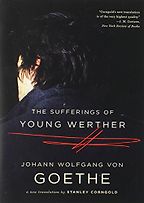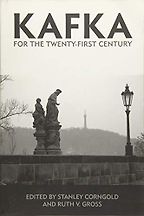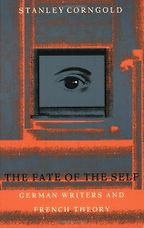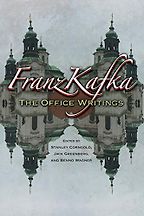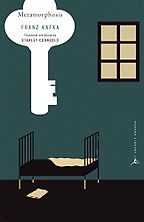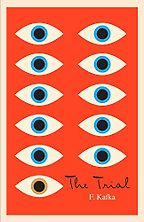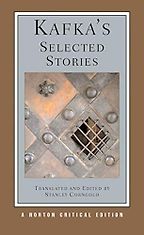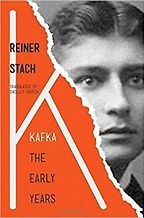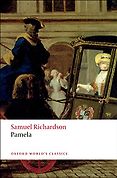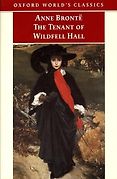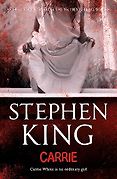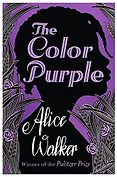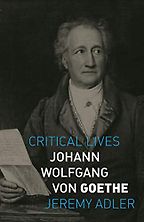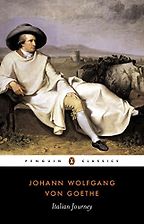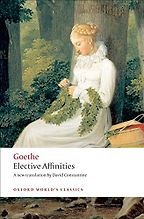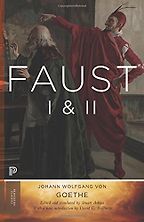
Books by Stanley Corngold
Stanley Corngold is Professor Emeritus of German and Comparative Literature at Princeton University and a Fellow of the American Academy of Arts and Sciences. He is the author of eight books and more than 100 articles; he has also translated or edited a further eight volumes, including highly acclaimed translations of The Metamorphosis and Kafka’s Selected Stories. He founded and directed the Princeton Kafka Network with Oxford and Humboldt Universities between 2009-2012.
The Sufferings of Young Werther
by Johann Wolfgang von Goethe, translated by Stanley Corngold
“Napoleon was an admirer in particular of the most widely read of Goethe’s four novels: The Sufferings of Young Werther (1774). This is a novel that comes out of and transforms the epistolary sentimental novel tradition. Goethe comes along and writes an incredibly thin and powerful novel. It’s just one writer sending letters of vibrant intimacy that take his character through a failed love into suicide. Napoleon was gripped by that; I think he claimed to have read it thirteen times.” Read more...
David E. Wellbery, Literary Scholar
Kafka for the Twenty-First Century
edited by Stanley Corngold and Ruth V. Gross
Franz Kafka: The Office Writings
by Franz Kafka (ed. Stanley Corngold, Jack Greenberg, and Benno Wagner)
“Most readers know Franz Kafka as the reclusive author of stories and novels that have since become monumental works of modern literature. Some readers also know him as a bureaucrat who, unhappy in his office, castigated the “hell of office life.” But few know that he rose at the end of his life to the position of Senior Legal Secretary at the Workmen’s Accident Insurance Institute for the Royal Imperial Kingdom of Austria-Hungary Prague (called, after 1918, the Workmen’s Accident Insurance Institute for the Czech Lands). Kafka was no Bartleby the Scrivener, no harmless office drudge. Rather, he was a brilliant innovator of social and legal reform in “the Manchester of the Empire,” which at the time of Kafka’s tenure, between 1908-1922, was one of the most highly developed industrial areas of Europe” Read more...
Stanley Corngold, Literary Scholar
The Metamorphosis
by Franz Kafka (ed. and translated by Stanley Corngold)
“The Metamorphosis tells the story of a turn-of-the-century, Central European textile salesman who wakes up one rainy morning to find himself changed, according to a not entirely reliable narrator, into a verminous insect—A HUGE ONE! This short novel, which the Nobel-Prize-winning intellectual Elias Canetti called “one of the few great, perfect poetic works of the century”—an opinion confirmed by Vladimir Nabokov—recounts the struggles of the afflicted person Gregor Samsa and his equally afflicted family to come to terms with this monstrous, unheard-of metamorphosis.” Read more...
Stanley Corngold, Literary Scholar
Interviews with Stanley Corngold
-

1
The Metamorphosis
by Franz Kafka (ed. and translated by Stanley Corngold) -

2
The Trial
by Franz Kafka -

3
Franz Kafka: The Office Writings
by Franz Kafka (ed. Stanley Corngold, Jack Greenberg, and Benno Wagner) -

4
Kafka's Selected Stories
by Franz Kafka -

5
Kafka: The Early Years
by Reiner Stach & Shelley Frisch (trans.)
The Best Franz Kafka Books, recommended by Stanley Corngold
The Best Franz Kafka Books, recommended by Stanley Corngold
“When Gregor Samsa woke up one morning from unsettling dreams, he found himself changed in his bed into a monstrous vermin”—Kafka, The Metamorphosis. This is one of the most famous opening lines in all of world literature, but how ‘Kafkaesque’ was Franz Kafka? What are our misconceptions about his life and work? Professor Stanley Corngold, one of the most influential Kafka scholars, introduces us to an “athlete of anguish”.
Interviews where books by Stanley Corngold were recommended
-

1
The Metamorphosis
by Franz Kafka (ed. and translated by Stanley Corngold) -

2
The Trial
by Franz Kafka -

3
Franz Kafka: The Office Writings
by Franz Kafka (ed. Stanley Corngold, Jack Greenberg, and Benno Wagner) -

4
Kafka's Selected Stories
by Franz Kafka -

5
Kafka: The Early Years
by Reiner Stach & Shelley Frisch (trans.)
The Best Franz Kafka Books, recommended by Stanley Corngold
The Best Franz Kafka Books, recommended by Stanley Corngold
“When Gregor Samsa woke up one morning from unsettling dreams, he found himself changed in his bed into a monstrous vermin”—Kafka, The Metamorphosis. This is one of the most famous opening lines in all of world literature, but how ‘Kafkaesque’ was Franz Kafka? What are our misconceptions about his life and work? Professor Stanley Corngold, one of the most influential Kafka scholars, introduces us to an “athlete of anguish”.
Epistolary Novels
Epistolary novels are told through the form of written correspondence between characters, or sometimes by way of diary entries or fictional documents. Though there were earlier examples, the epistolary novel took off as a form in the 18th century and remains very popular for its immediacy and sense of realism. We’ve put together a selection of epistolary novels—notable for their literary significance or their evergreen popularity—many of which have previously been recommended by our expert interviewees.
The Best Goethe Books, recommended by David E. Wellbery
Johann Wolfgang von Goethe (1749–1832) has been described as ‘the last true polymath to walk the earth’. A defining figure in German literature, Goethe coined the concept of world literature. And his literary and dramatic achievements are matched by his scientific work. David E. Wellbery, Professor of Germanic Studies at the University of Chicago and recipient of the Golden Goethe Medal, introduces us to the life and work of Goethe. He explores why figures such as Beethoven and Napoleon were magnetised to him, how Rousseau influenced Faust, and why Goethe’s Faust does not sell his soul to the devil.
